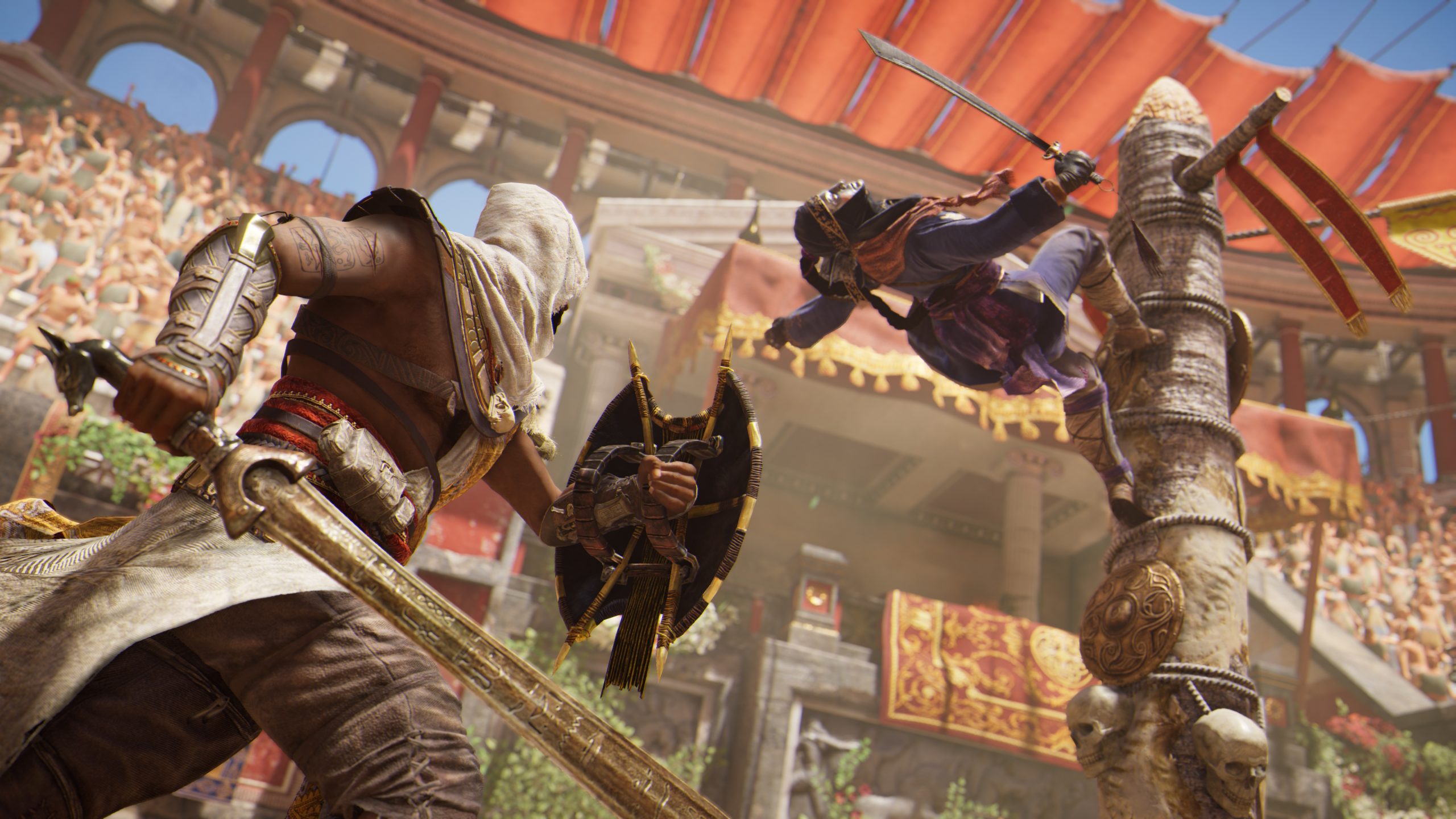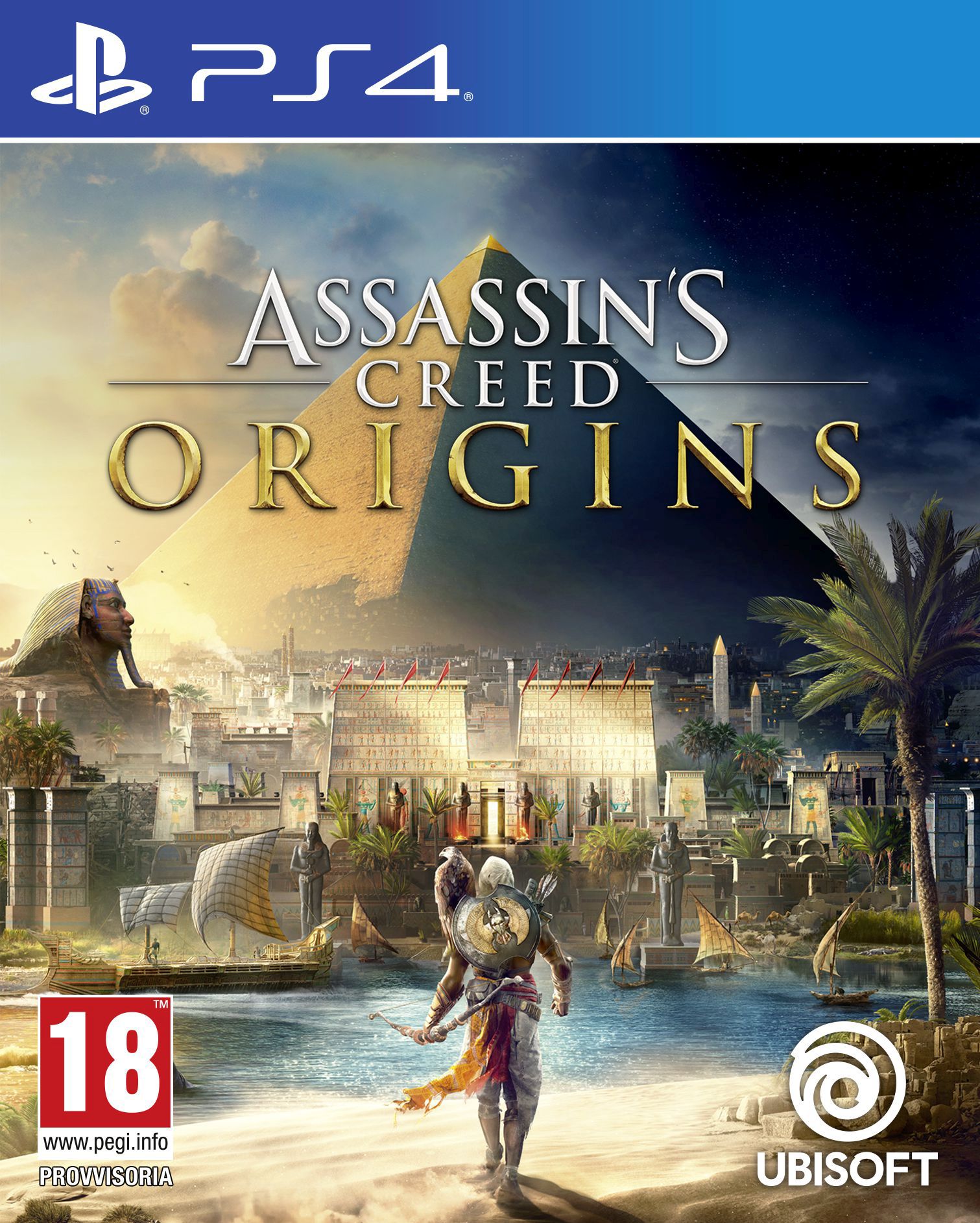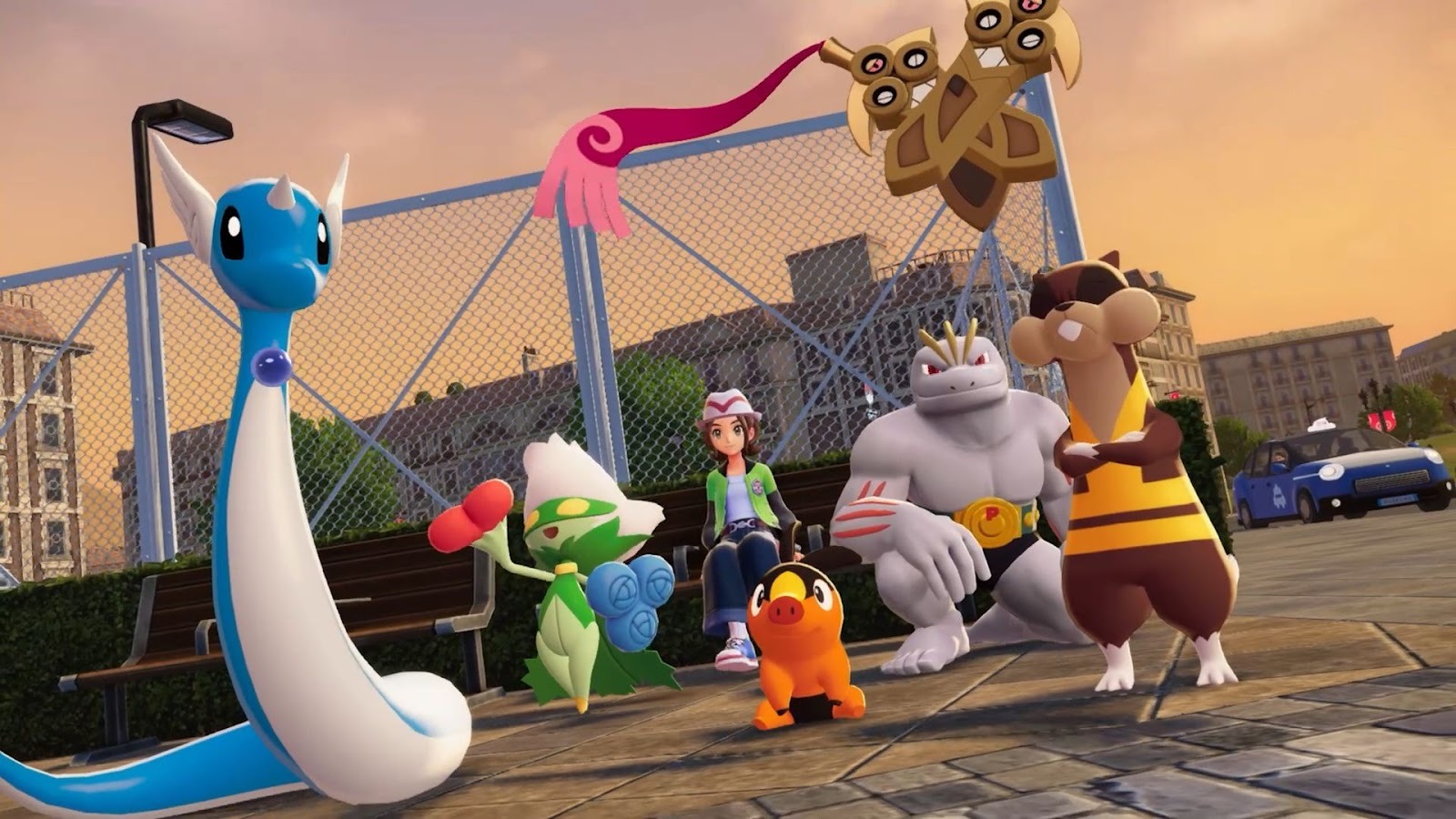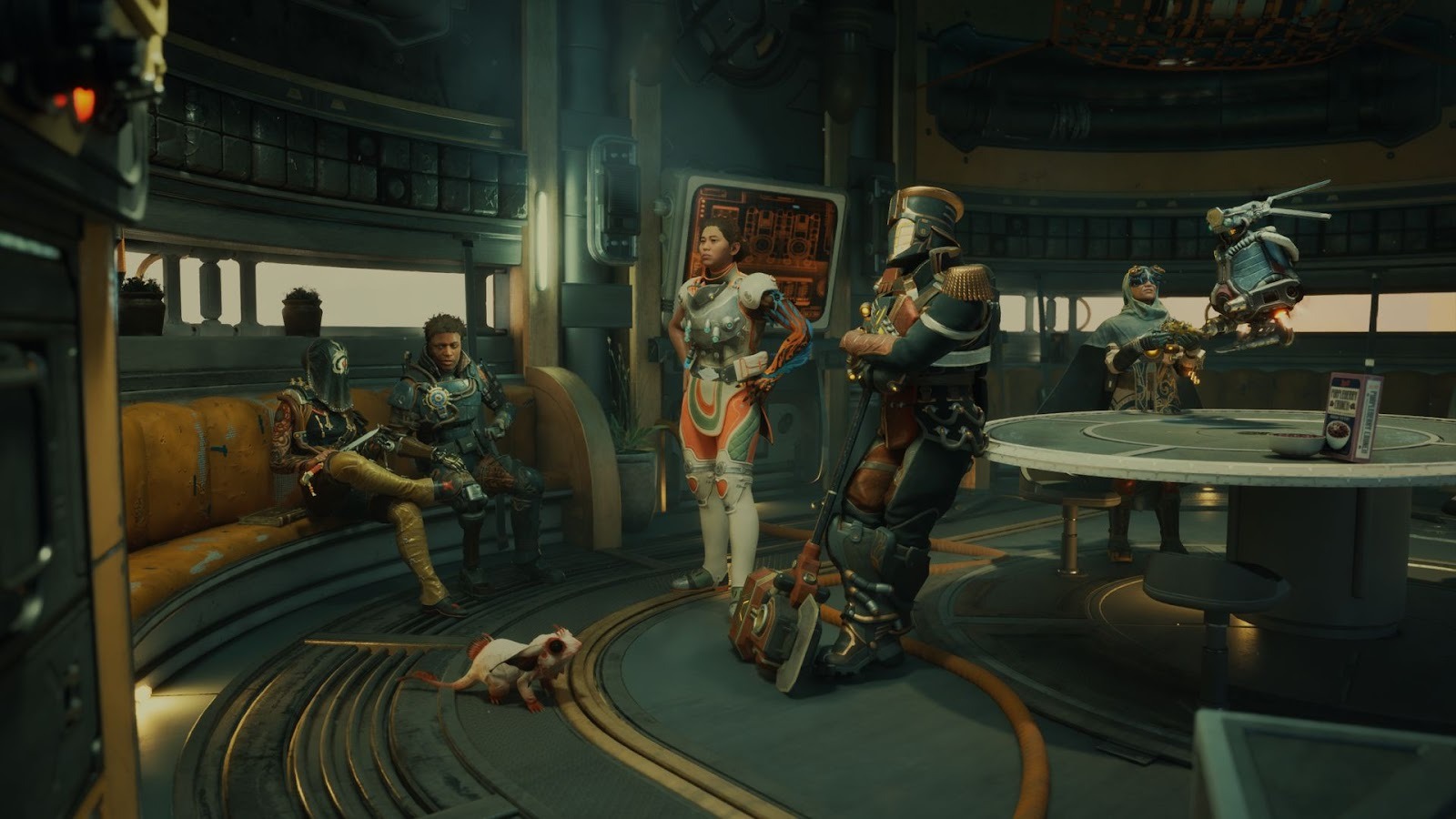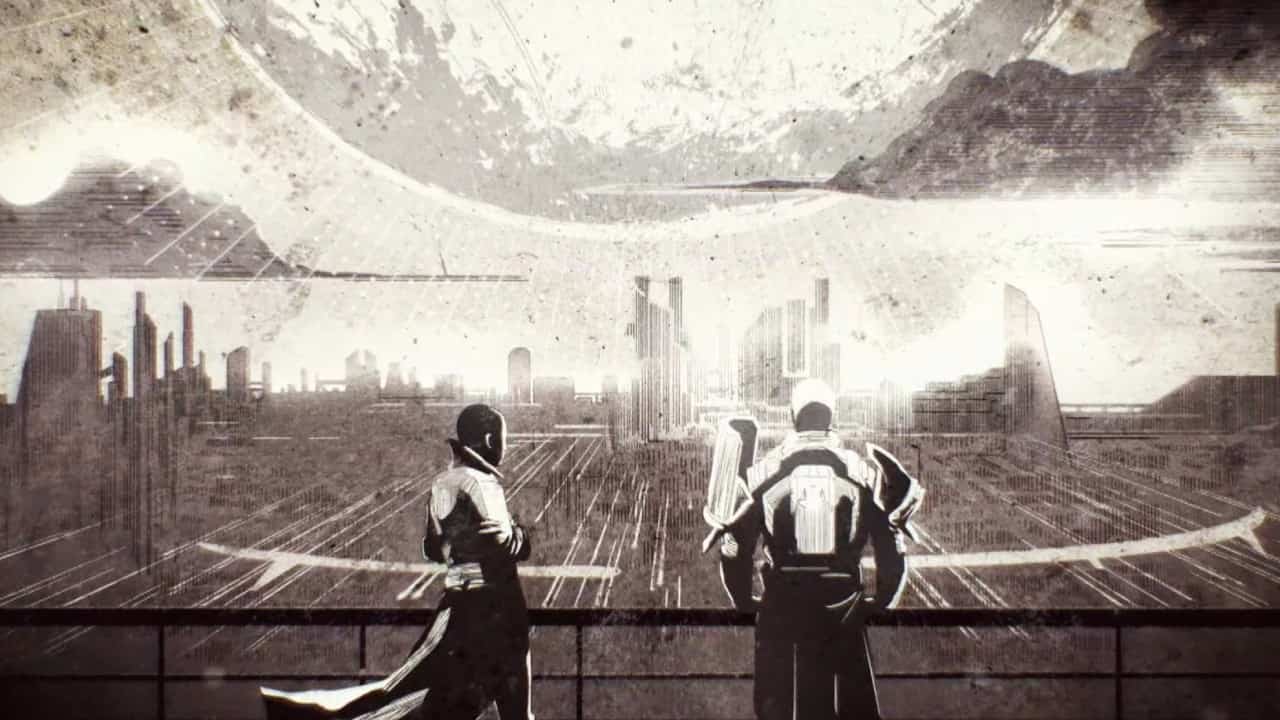You can trust VideoGamer. Our team of gaming experts spend hours testing and reviewing the latest games, to ensure you're reading the most comprehensive guide possible. Rest assured, all imagery and advice is unique and original. Check out how we test and review games here
If there’s one thing that seems to represent the core of the changes in Assassin’s Creed Origins, it’s the combat. ‘We really wanted players to feel fully free with AC origins, that’s one of the key things that we worked a lot on,’ explained Jean Guesdon, when I asked about the potentially daunting size of the new game. Guesdon is creative director on Origins, and has been on the AC series since the very first game came out almost ten years ago. ‘To make the game more dynamic, more fluid, and more free for players so they can express themselves. And their final experience, they really own it. So we are much less hand-holding than before.’
And the go-to example is, of course, the combat, which requires much more active participation on your part this time: choosing weapons, deciding whether to block or dodge, and actually having to pay attention to your enemy’s hit box are all requirements. ‘This is to provide players with freedom to express themselves and choose the type of weapons they want, how they want to upgrade, which abilities and play style they want to embrace,’ Guesdon said.
The team felt that they’d achieved everything they could with the previous, long established fighting systems in the Assassin’s Creed series, so redoing the whole system was a priority for them. ‘We wanted you to feel the fight is not trivial and does matter,’ said Guesdon, acknowledging that one of the side effects of this is pushing the stealth, because to get strong enough to face physical challenges head on, the player has to choose that route when they level up, while others might prefer to pursue being a sneaky assassin.’In that regard we’re answering the directions we gave ourselves to provide options for the different kinds of players that will play Origins.’
/https://oimg.videogamer.com/images/383c/5ac2500e-9775-423d-a3f5-5387678dfd8d_ACO_screen_BowCombat_Previews_PR_171004_6PM_CET_1507049221.jpg)
One adjustment that might prove controversial is the removal of insta-kill assassinations. You can still leap out and attack unaware targets, of course, and protagonist Bayek has a hidden blade, but if an enemy is too high a level you won’t be able to kill them outright anymore. ‘Before, the hidden blade was the atomic bomb,’ said Guesdon, with a smile. In the older games you could take out any enemy of any level if you managed to dust off an assassination. Changing this was important to maintain that sense of RPG-style progression, and Guesdon thinks that once you’re playing and understanding the new direction of the game you’re okay with the change. ‘When you can assassinate because you’re strong enough or because you played well, positioned yourself well, the satisfaction feeling remains the same.’
The combat isn’t the only change, of course. The Egypt in Assassin’s Creed Origins is more of a persistent open world than any has been in the franchise yet, which means that crocodiles and hippos will be ambling around doing things like eating and sleeping regardless of what you, the player, are up to. There are also a lot of side quests around the main story that you can do in any order you want, with the idea being, says Guesdon, that you can basically manage your own narrative in the game. ‘We give you the information you need but you need to do the final step. This is your game, your experience.’
To reinvent the AC wheel, the team has gone back to the origin of the Assassin order, and the oldest time period they’ve tackled yet. Guesdon said they wanted to make sure the depiction of Ancient Egypt wasn’t too ‘cheesy’ or too fantasy, but creating some of the characters was an interesting challenge. Take Cleopatra, for example, an iconic, almost legendary historical figure, but one whom we don’t have that much info on in the scheme of things, and, as Guesdon pointed out, ‘Most of the things we actually know we know from the Romans, who actually didn’t like her that much, you know?’
Guesdon said the team found her really interesting. For one thing, she had to fight to claim the throne, which not many people knew, as well as being quite young. In the game she’s only around 20. ‘She’s very witty, smart, and clever, and so she knows how to play the cards she has in her hand,’ he went on. ‘For example, she was the first Ptolemaic pharaoh from Greek ascendance that understood the need to speak Egyptian. She was the first one to do that.’ But, at the same time, Guesdon said the team didn’t want to ‘betray the expectations of 21st century audiences’ who ‘want to be in awe’ of Cleo as well as find her attractive. ‘We really tried to craft this character in a balanced way and I think the result is quite good, where you see the seduction is a tool to serve her ambition and dedication.’
The work put into representing history is one of the ‘fundamentals’ that they wouldn’t change for an AC game. ‘The structure of our universe, the importance of history,’ said Guesdon, ticking them off. ‘Being set in a very important pivotal moment of history, having positive values in terms of a hero, and then obviously detailing this origin story. But we wanted this game to be a milestone game within the franchise.’
‘For the rest,’ he said, ‘It was all about renewal, about modernising the experience itself.’
An Assassin’s Creed game breaking entirely from the past would be something of an impossibility, though. Guesdon, perhaps more than anyone, is always aware of the complex lore that the series has built around itself over the past decade. I asked if he could tell me how Origins fits in with that, and he started laughing gleefully before I had finished.
‘I cannot answer precisely, sadly. You’ll discover that soon! What I can tell you is that we know perfectly the franchise, we know all its layers, and we will respect all of them. It will be fully consistent and coherent with the rest of the franchise and I’m quite happy about the way we approached it. I think people for whom it’s important should be pleased.’
